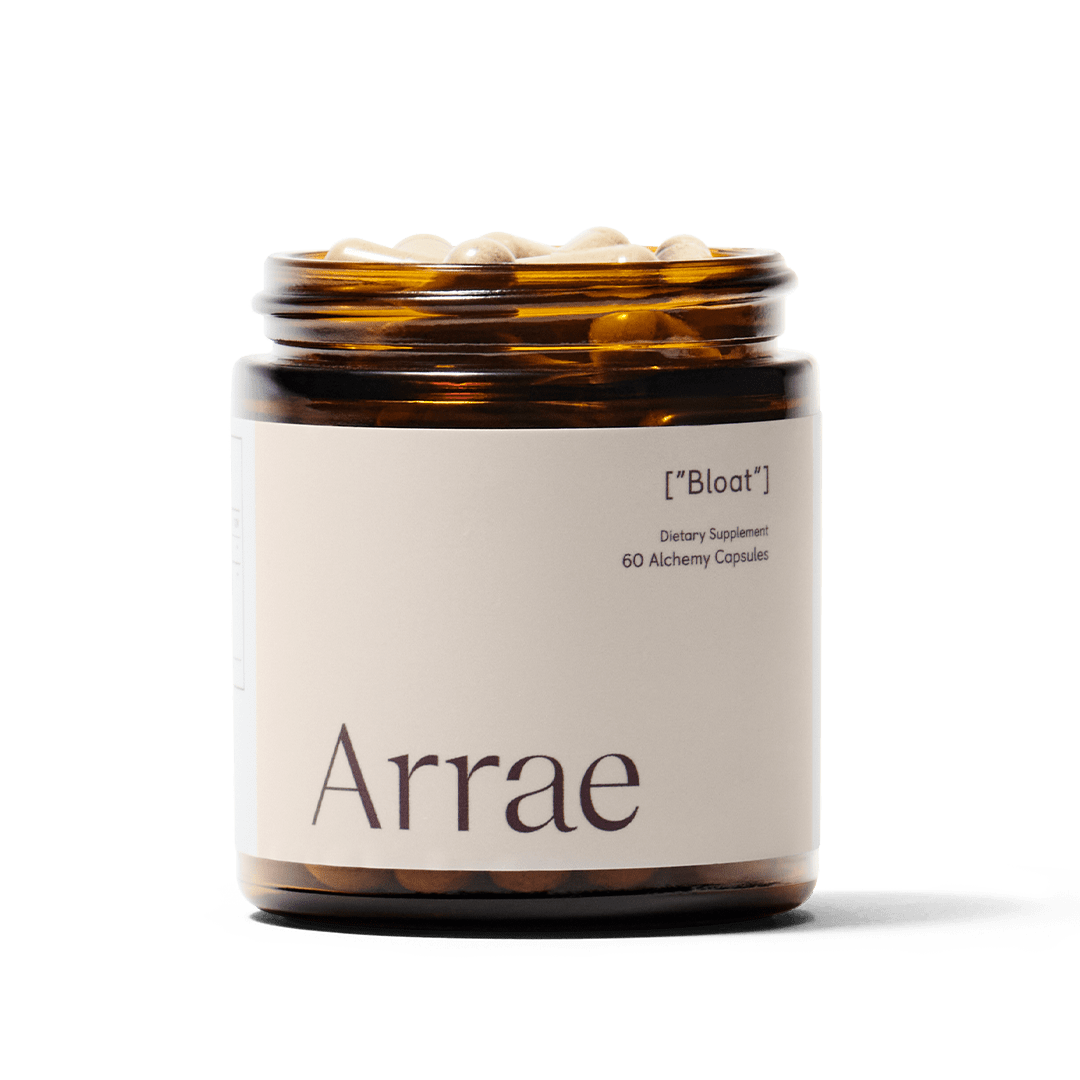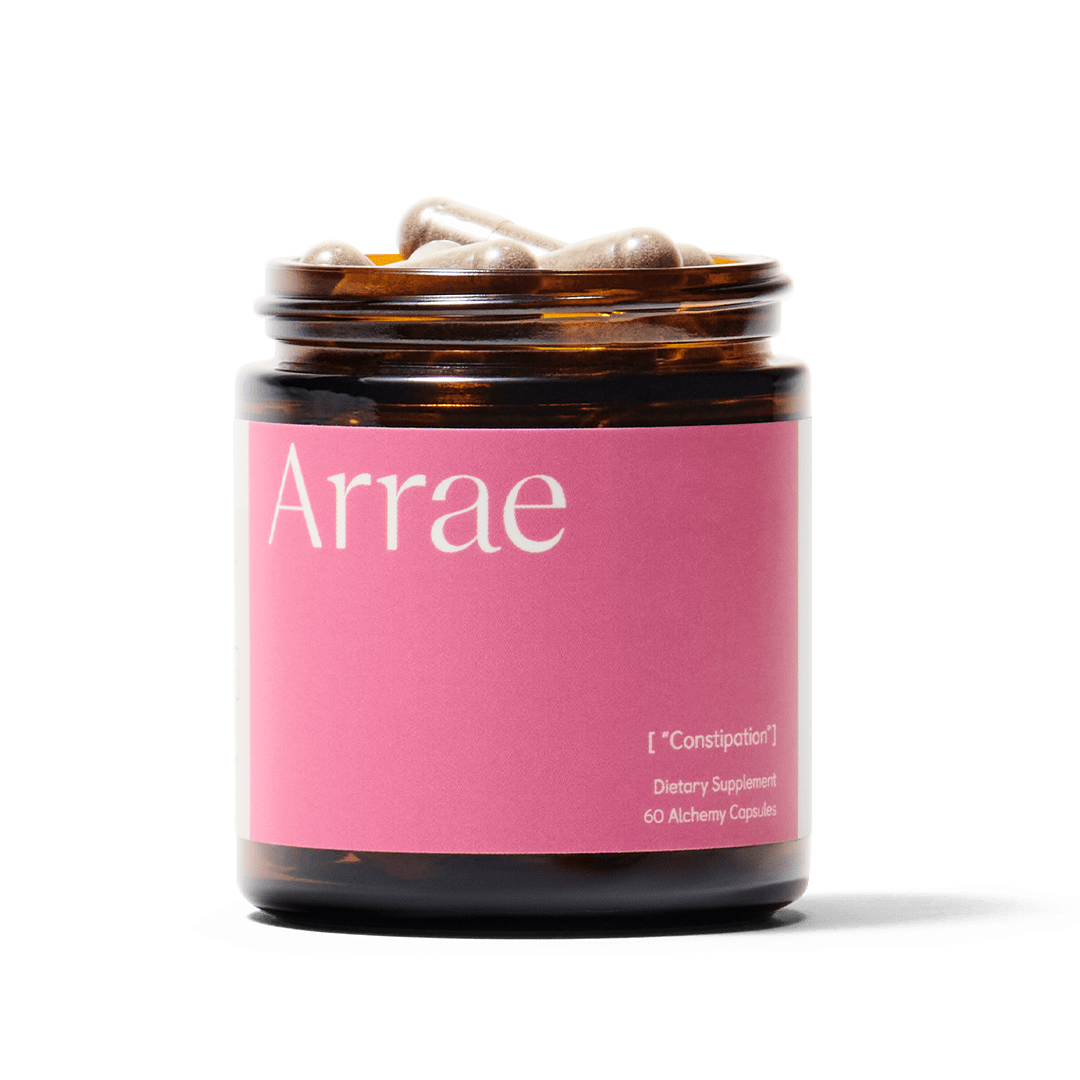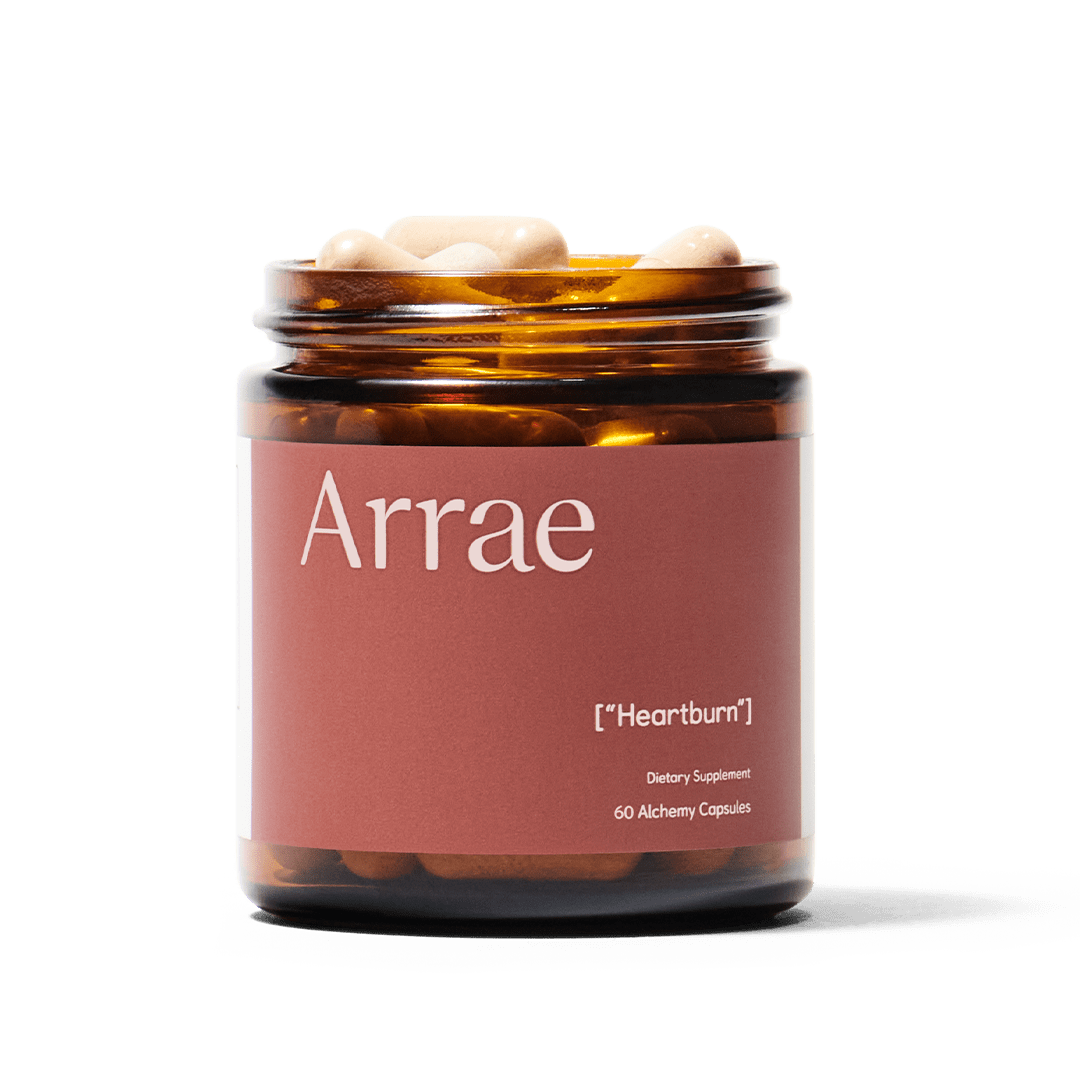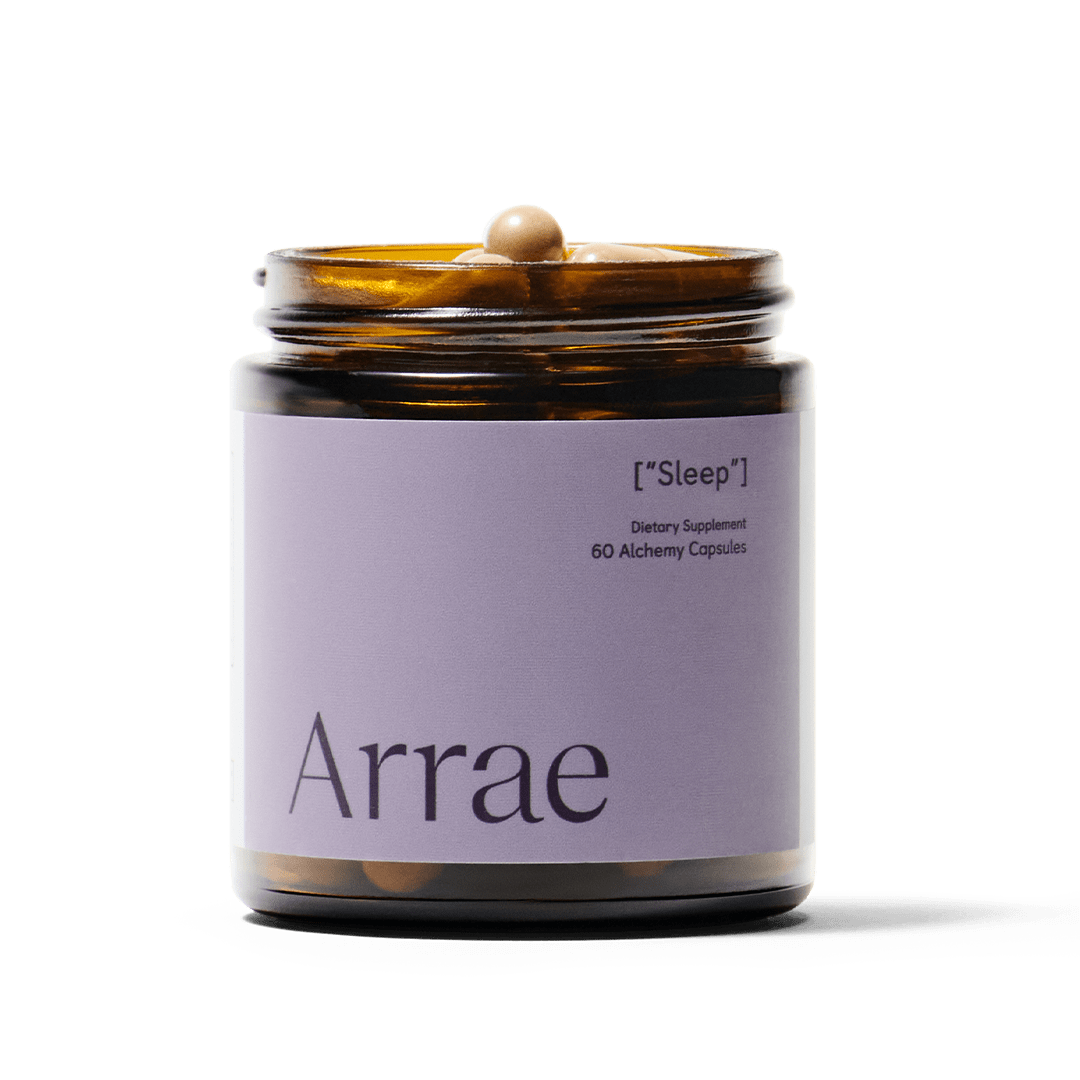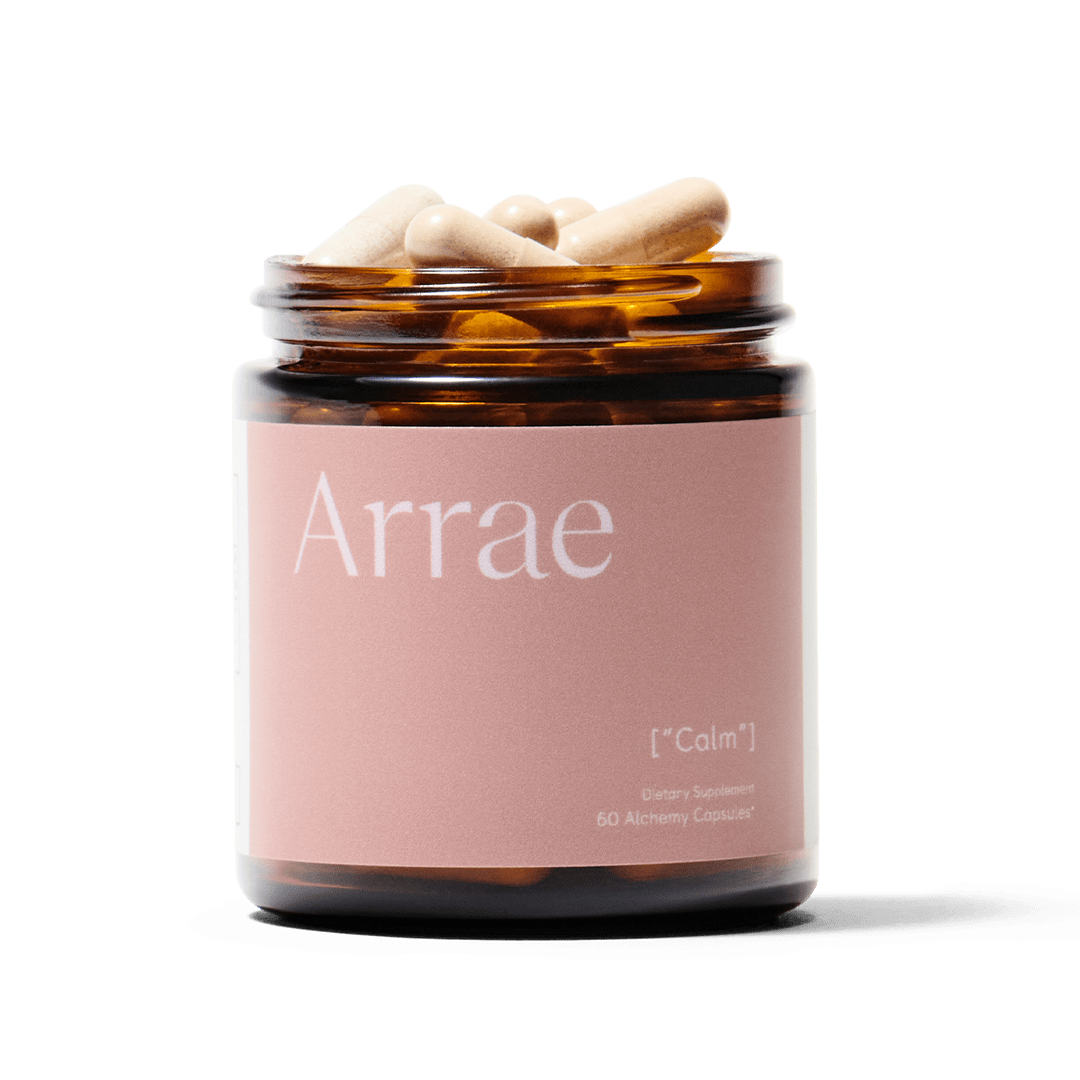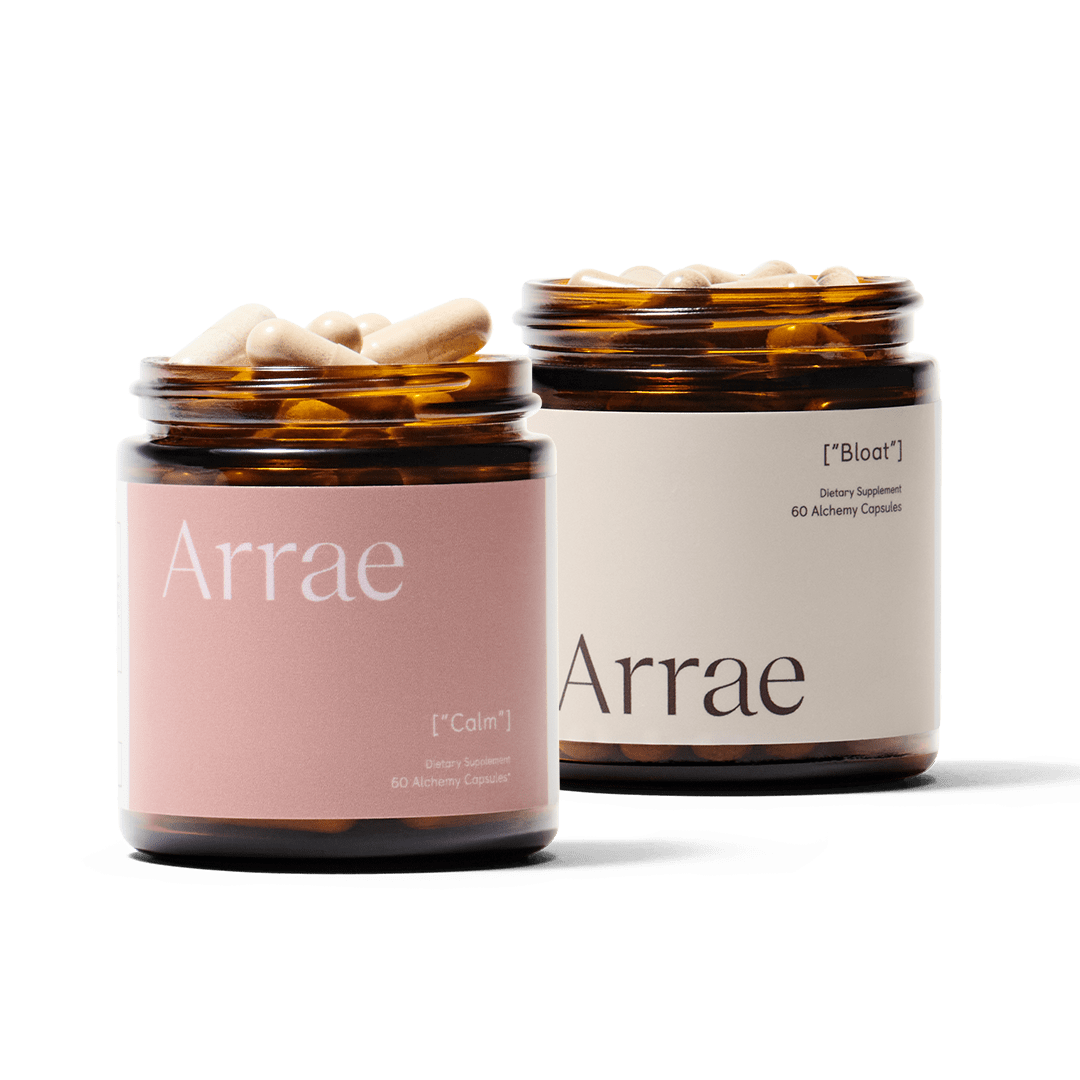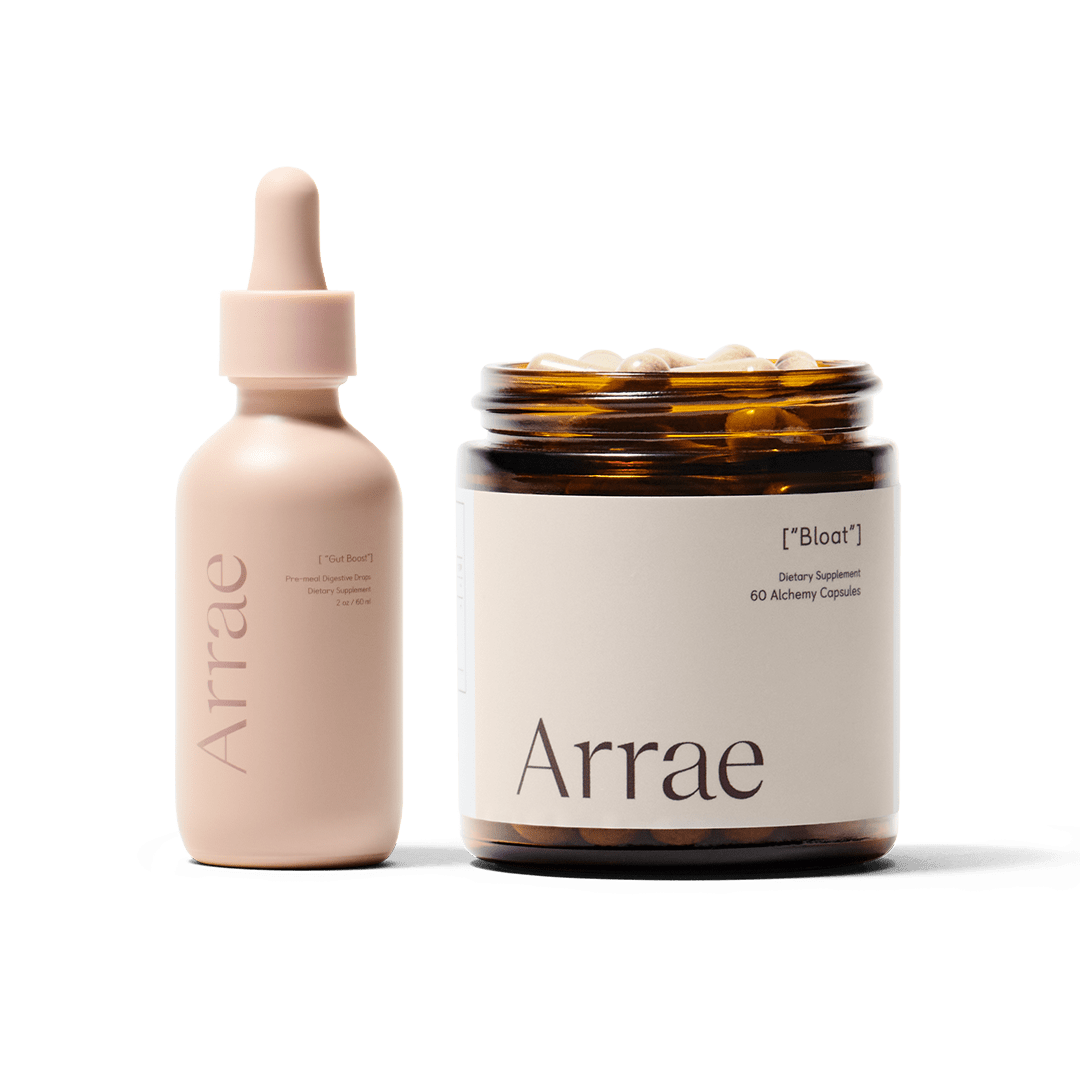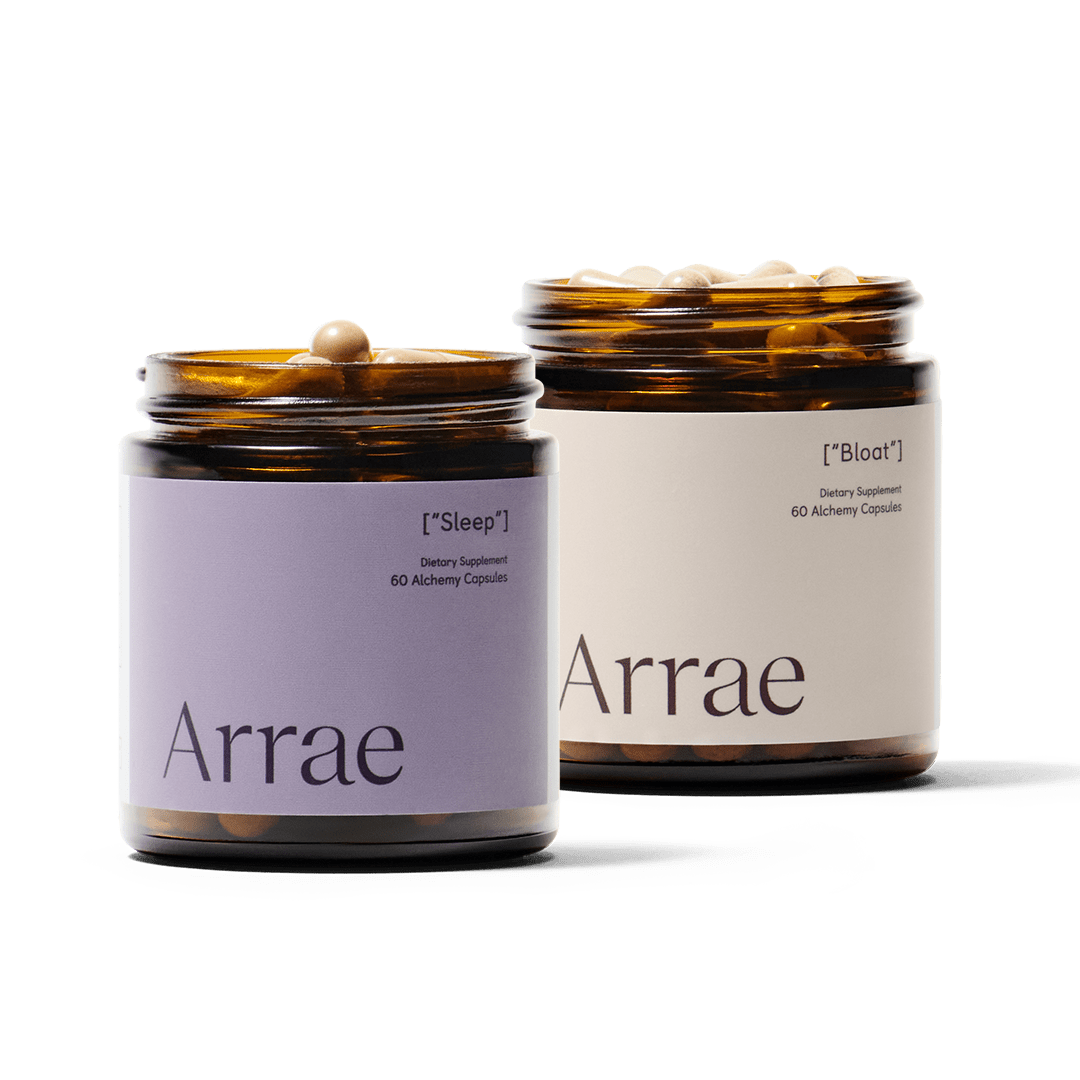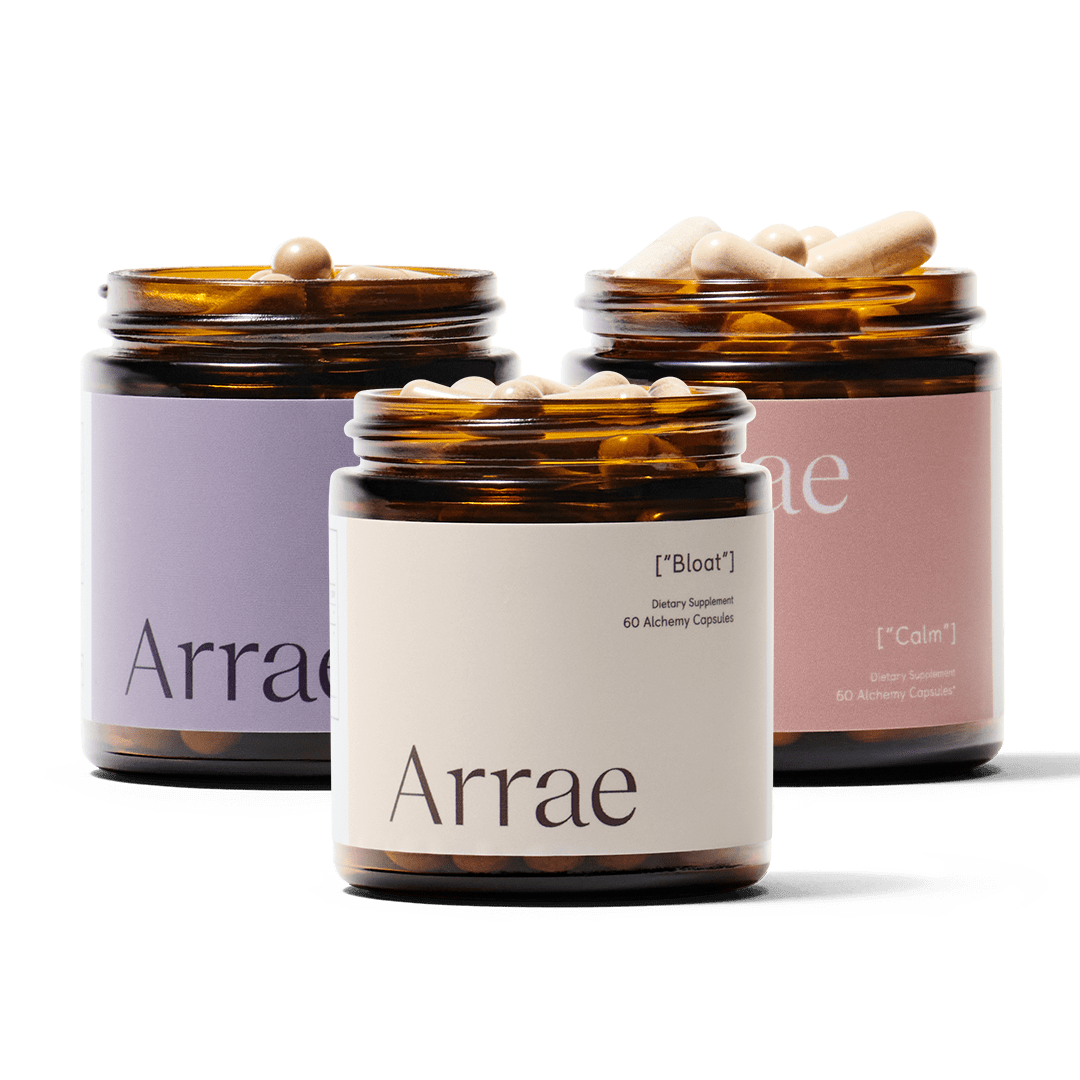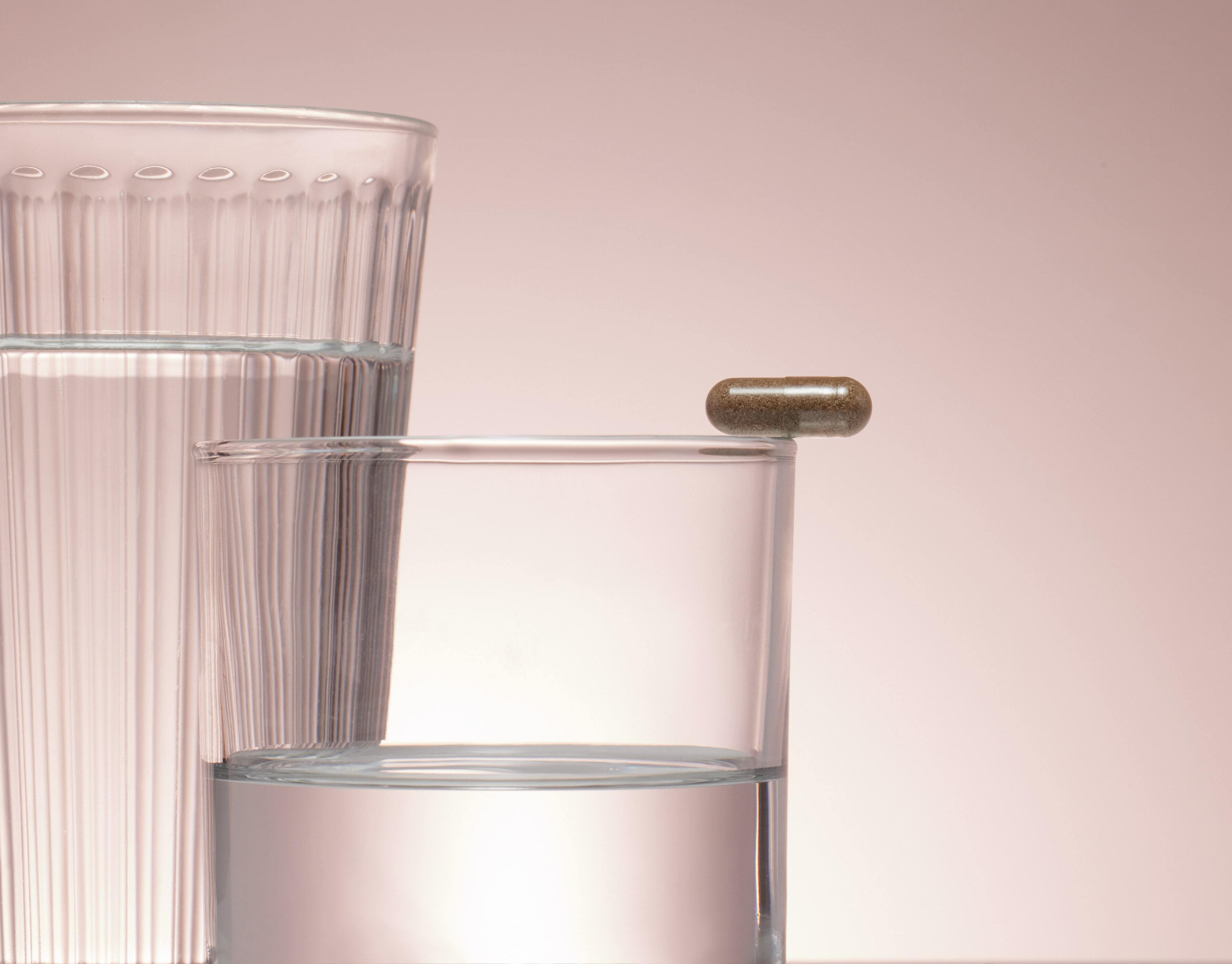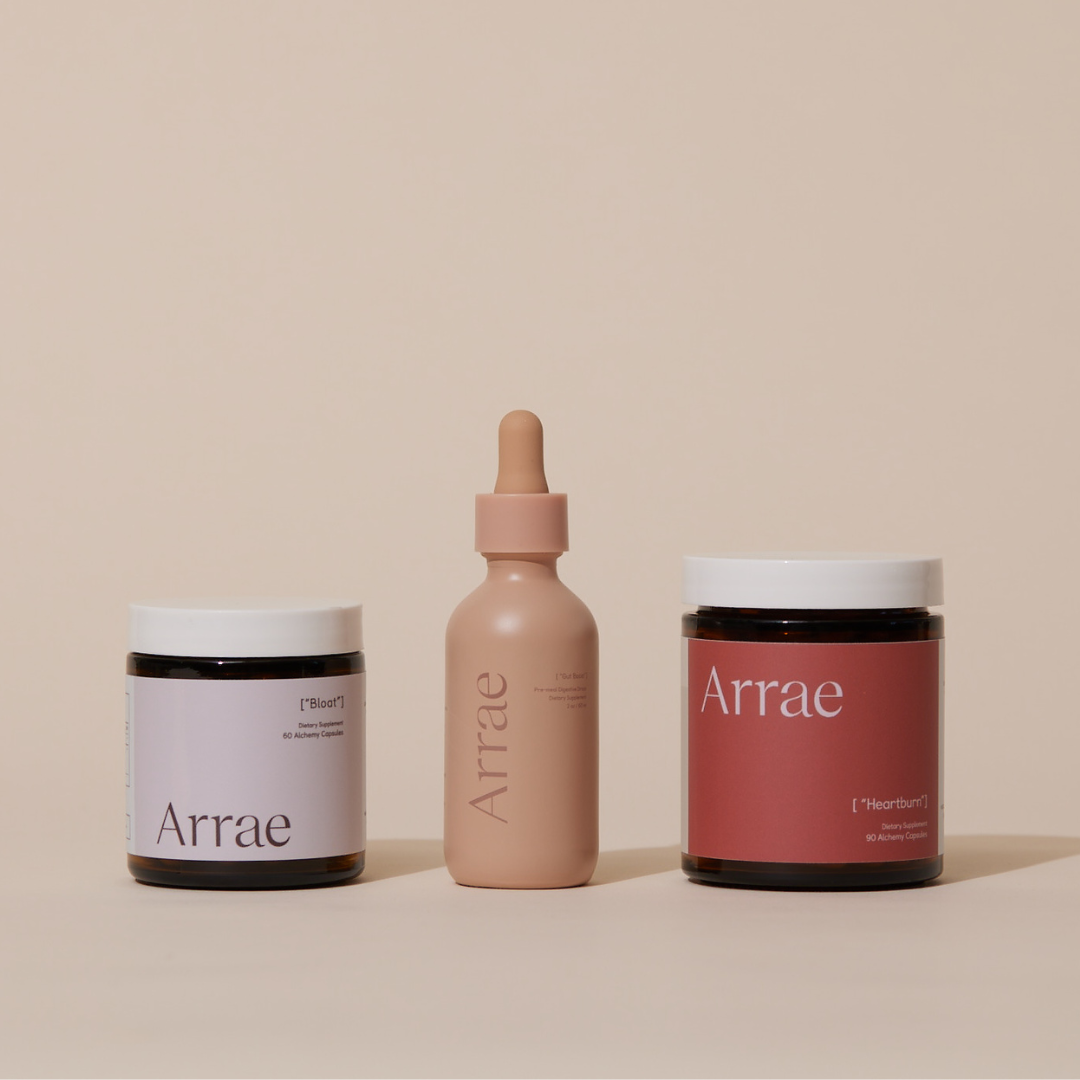
When we hear the word “detox”, many of us think of green juices, cleanses, and fasting in order to clear out waste and toxins from our body. The concept of body detox is controversial, specifically due to the body’s sophisticated detoxification system. Our kidneys, liver, digestive system, lungs, and lymphatic system all aid in detoxification, or ridding the body of wastes and harmful substances.
In our day to day lives, we are exposed to numerous toxins, including alcohol, food additives, preservatives, and caffeine. While our body’s systems work together to process, transport, and get rid of these toxins, excesses can overwhelm the body’s natural detox system, leading to a need for a little extra TLC. Keep reading to learn more about how detoxification happens in the body, why it’s crucial for our overall health and wellness, and how we can support our body’s natural pathways with our self care regimen, including supplements.
What is Detoxification?
The word “detox” has become synonymous with restriction, a way to cleanse the body after indulging in food or drinks, or a marketed way to “help you lose five pounds!” by solely drinking warm water with lemon. It’s tempting to want to say “yes” to these (false) promises; after all, lifestyle changes take time! However, let’s think about what it actually means to detox.
Our body is extremely well engineered to eliminate toxins. After all, our detox pathways are working around the clock to ensure that we’re kept alive, and these pathways can’t be turned on or off. Things like sweating and using the bathroom are tell-tale signs of detoxification working properly.
However, just because we have a built-in detoxification system doesn’t mean that it’s always working optimally. Sometimes, our detoxification systems need extra support. The best way to truly detox is by supporting our body’s natural detoxification system. But first, let’s go over how our body does this, all on its own. The next section is split up by organ, detailing what each one does in order to support detoxification. But, remember, the body works as one unit, and the practices we do affect every single part of it.
The Liver: When we hear ‘detox’, we should automatically think ‘liver’. The liver is the master detoxifier. It acts as a filter to remove toxins that our body produces as part of normal metabolism. The liver breaks down toxic byproducts and sends them to the kidneys, where they are further filtered out. It also helps the body eliminate pathogens, including viruses and bacteria, cholesterol, hormones, and external toxins like alcohol, drugs, chemicals, and heavy metals.
The Kidneys:Like the liver, the kidneys act as a filter. They filter waste and undesirable substances including medication byproducts and harmful chemicals. The kidneys also keep our body in balance by regulating fluid and our electrolyte balance, including our levels of sodium, potassium, and magnesium. This is vital for maintaining the body’s pH balance, allowing the cells to perform their functions, and controlling blood pressure.
The Digestive Tract:We’re familiar with the digestive tract and some of its functions, but how does it aid in detoxification? The digestive tract helps us expel toxins through bowel movements, which requires maintaining proper gut health through nurturing the trillions of microorganisms living in our gut. When we eat fiber from whole plant foods, this acts as bulk in the intestinal tract and helps eliminate the substances like heavy metals, chemicals, and excess hormones through the intestinal tract.
The Lymphatic System:Lymph is the fluid that circulates throughout the body. It’s part of the larger immune system, whose role is to protect our cells from foreign substances and eliminate them from our bodies. The lymph system consists of various organs that are connected by a web of capillaries, vessels, and hundreds of lymph nodes. This system plays a large role in detoxification, with its main job being transporting white blood cells that help fight infections and protect against harmful toxins.
The Skin:The skin is the body’s largest organ and is also known as the body’s defense system. The skin creates a barrier that protects us from bacteria, viruses, and chemical toxins that need to be kept out of our bodies. The skin also allows for detoxification through sweating, which rids the body of heavy metals and excess sodium.
What Are We Detoxing From?
Toxins fall into two main categories, internal and external toxins. Internal toxins include lactic acid, urea, and waste products from microbes in the gut that occur during natural metabolism. External toxins come from outside the body and are introduced to us by eating, drinking, breathing, or are absorbed through the skin. Now more than ever before, we face countless exposures to external toxins, like chemicals and environmental pollutants. This happens daily, even if we try to limit toxin exposure. Below are some examples of daily toxins:
Outdoor Air:Pollutants include exhaust, cigarette smoke, and industrial emissions.
Indoor Air:Toxins like mold, smoke, chemicals released from cooking, furniture, carpet, and construction materials.
Drinking Water:Tap water contaminated with pesticides, herbicides, heavy metals, and chemicals.
Food:Chemicals including pesticides as a result of agricultural practices and overconsumption of processed foods, food dyes, preservatives, drugs, and alcohol.
Household Products:Including plastic food containers, cleaning products, fertilizers, and bug sprays.
Beauty Products: Skincare products, makeup, deodorant, and hair care products (hence why we’re all about clean beauty!).
We are exposed to numerous toxins throughout our days, regardless of how hard we try to keep our lives toxin-free. These toxins are foreign to our bodies and can negatively impact different parts of our overall health. When our detox pathways aren’t functioning optimally, our digestion, energy, mental clarity, anxiety, and skin are all affected.
How To Detox the Body Naturally
Even though we know that the body detoxifies on its own, there are still practices we can incorporate daily to keep it functioning optimally. However, this does notmean that we restrict our diets or go all-in on a juice cleanse. Instead, focusing on adding daily nutrition and lifestyle practices that naturally support our body’s detox pathways is the way to go.
Focus on Food: It’s no secret that nutrition plays a *major* role in proper detoxification. After all, so many of our body’s processes function as a result of our diet. Eating a balanced diet fuels our organs and systems that do the heavy lifting (like the liver). Focus on consuming a plant-based diet or Mediterranean diet that incorporates fruits, vegetables, complex carbohydrates, healthy fats, and proteins. Furthermore, aim to focus on having antioxidant and fiber-rich foods while reducing excess sugar and processed foods. High-fiber foods include leafy greens, lentils, nuts, and seeds which help support proper digestion and healthy bowel movements.
Nourish the Gut Microbiome: Supporting our gut health on a daily basis is one of the best ways to ensure a properly functioning digestive tract. Adding in fiber-rich whole foods and fermented foods to our daily diet will keep these microbes working for us, not against us. Read more here.
Hydrate:In this blog post, we covered why hydration (yes, good ole H2O) is so vital for keeping our body working properly. Staying hydrated helps flush out toxins through the kidneys, which are then excreted in urine. Once filtered from the blood, water pushes out toxins through other channels including breathing and sweating.
Move Your Body:We know that detoxification works with our lymphatic system, which can be nourished by exercise, lymphatic massage, and ice rolling. Low impact exercise to promote detox includes walking, yoga, and foam rolling. Exercising to break a sweat, whether it’s a hot yoga or hot pilates class, or just strength training in the gym, is a two-for-one; toxins are released through sweat as well as increasing circulation, sending nutrients to cells, and promoting digestion. The same goes for lymphatic massage and ice rolling, which are both great to include in our everyday self care.
Support with Supplement:Supplements should do exactly what they say; they should supplement pre-existing beneficial lifestyle habits. Our Bloat capsules contain slippery elm, which acts as a mild diuretic, helping to flush out toxins from the body. Gut Boost contains digestive enzymes, which help break down foods to optimize nutrient delivery and promote the passage of waste throughout the body. We highly recommend using supplements as part of self-care to ensure that we are helping our body perform at its best.
Detoxification is so much more than taking a “liver detox pill” and hoping for the best. Instead, there are tangible actions that we can take to help our body get rid of excess toxins, waste, and harmful byproducts that we are exposed to each day.


